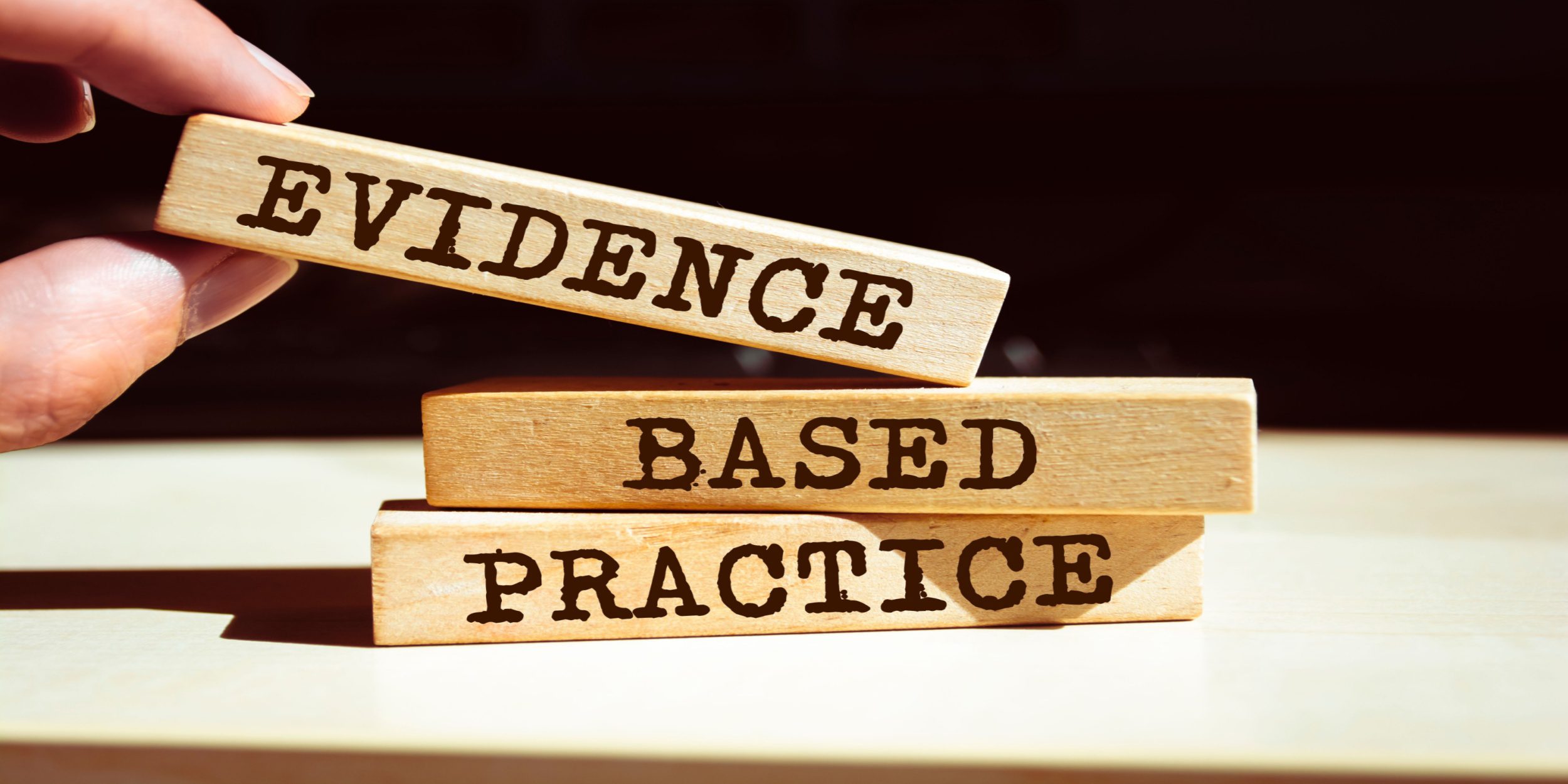The criminal justice system relies heavily on psychologists’ expertise to understand criminal behaviour and the minds of those involved in the legal process. They also have distinct purposes and applications. As we know, most people are confused about the difference between forensic and criminal psychology. This blog post will dissect the key differences between these fields. We’ll explore the target populations they assess, their research, and their roles within the legal system. By the end, you’ll clearly understand how these fascinating fields contribute to justice and public safety.
What is the key difference between forensic psychology and criminal psychology?
Psychologists play a big role in understanding people’s behaviour and mental states in the legal world. There are two main branches: forensic psychology and criminal psychology.

- Forensic Psychology: Forensic psychology covers a wide range of legal issues, from criminal to civil cases. Forensic psychologists evaluate all sorts of people involved in the legal system, including defendants, victims, witnesses, and lawyers. They help with things like determining if someone is fit to stand trial or if they are mentally stable when a crime happens. Their role is to find answers to important questions.
- Criminal psychology: Criminal psychology focuses specifically on understanding why people commit crimes. These psychologists analyse crime scenes, offender profiles, and all the patterns related to criminal behaviour. They also figure out what drives people to commit crimes. They work on strategies to prevent crime and sometimes help law enforcement with investigations.
So, forensic psychology covers a wider range of legal issues, while criminal psychology focuses on understanding criminals and their behaviour.
Forensic Psychology vs Criminal Psychology: Work environment
Forensic psychologists and criminal psychologists have very different professional spaces. Let’s dive deep into their typical work settings:
Forensic Psychology:
- Forensic psychologists often testify in court, providing insights into mental states relevant to legal cases.
- They assess inmates for mental health issues and evaluate the risk of future offences.
- Many work independently, conducting evaluations for legal purposes like child custody cases.
- Some focus on studying topics like juror behaviour or eyewitness memory reliability.
Criminal Psychology:
- They help detectives understand criminal behaviour and may create offender profiles.
- Some work on policies and programmes aimed at addressing criminal behaviour.
- They teach courses and research topics like criminal profiling or the psychology of crimes.
- Criminal psychology assesses inmates for risks and helps design rehabilitation programmes.
Key Differences:
- Forensic psychology covers both criminal and civil law, while criminal psychology focuses mainly on criminal justice.
- Forensic psychologists deal with a wide range of people, while criminal psychologists mostly work with law enforcement or prisoners.
- Criminal psychology leans toward research, while forensic psychology is more about practical evaluations and applications.
Forensic Psychology vs Criminal Psychology: Job Duties
Forensic psychologists assess competency, criminal responsibility, and future violence risk. They consult on legal cases, provide expert testimony, and support crime victims. Their work can also extend to civil law. Let’s examine the key responsibilities of each:
Forensic Psychologists:
- Assessment and Evaluation: These professionals conduct mental health evaluations for people across the legal spectrum. They assess competency to stand trial, mental state at the time of the crime, risk of re-offending, and potential for rehabilitation. This can involve interviews, psychological testing, and the analysis of mental health records.
- Expert Witness: Forensic psychologists present their findings in court. Plus, they explain the psychological implications of legal cases. This could also explain how a mental condition might affect a defendant’s behaviour.
- Treatment and Intervention: Some forensic psychologists work in correctional settings. They may provide therapy and treatment programmes for incarcerated people or those on probation.
- Research and Policy Development: Forensic psychologists contribute to the legal system by researching areas. These include eyewitness memory, jury selection, and the effectiveness of rehabilitation programmes.
Criminal Psychologists:
- Legal Evaluations: Criminal psychologists analyse crime scenes, victim profiles, and criminal behaviour patterns. These can help develop profiles that assist law enforcement in identifying potential suspects.
- Research on Criminal Behaviour: They research the causes of criminal behaviour. This research helps to develop strategies for crime prevention and rehabilitation.
- Treatment of Offenders: Some criminal psychologists work within correctional facilities. They also provide treatment and rehabilitation programmes for offenders.
Differences in Scope of Practice
While forensic and criminal psychology explore the fascinating intersection of law and the mind, their practice areas differ significantly. Here, we show a clear comparison of forensic psychology vs criminal psychology.
Forensic Psychology:
- Broad Focus: Covers legal issues in criminal and civil law.
- Varied Roles: This involves evaluating defendants, victims, and witnesses.
- Courtroom Work: Provides expert testimony in legal proceedings.
- Correctional Settings: Assesses inmates for mental health issues and risks.
- Private Practice: Offers services like evaluations for legal purposes.
- Research: You can research juror behaviour and eyewitness memory.
Criminal Psychology:
- Specific Focus: Concentrates on understanding criminal behaviour.
- Law Enforcement Collaboration: Works with detectives to analyse crimes.
- Policy Work: Contributes to government initiatives on crime prevention.
- Academic Role: Teaches and researches topics like criminal profiling.
- Less Common in Correctional Settings: Some assess inmates for risks and aid in rehabilitation programmes.
Conclusion
Both forensic and criminal psychology deal with the mind and the law, but they do it differently. Forensic psychology looks at the whole crime scene—it assesses everyone involved, from criminals to victims. It helps answer questions about mental fitness and risk. Criminal psychology zooms in on the criminal itself. It analyses why someone committed a crime and how to prevent similar ones in the future. Eventually, you can visit our forensic psychology and diploma in criminology and profiling courses for more information.




